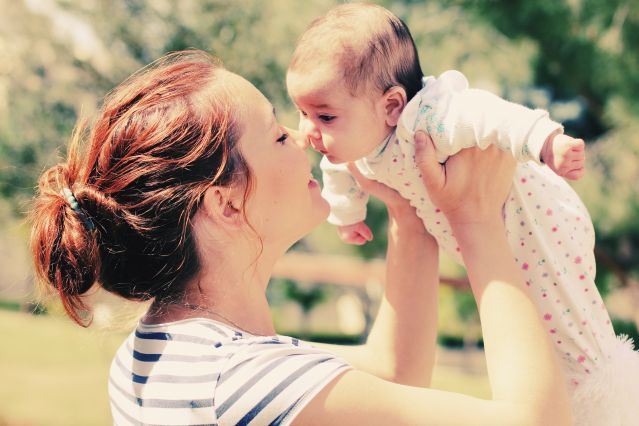The Seasons of Life
How the season of our birth may affect our behavior and health
By S. Lynn Edmonds published January 6, 2015 - last reviewed on June 9, 2016

Seasons have the power to shape our feelings, attributes, and behavior, even before we’re born. Every time of year, it seems, brings its own formative influences.
► Winter-born babies have mothers who are, on average, younger, less educated, and less likely to be wed, finds one study. This may help account for seasonal differences in child development. Wealthier women, researchers suggest, may tend to try for non-winter births.
► In the northern hemisphere, studies show, those born in winter or early spring face an increased risk of schizophrenia. Possible factors include exposure to the flu and lower levels of sunlight during gestation.
► Most babies crawl at about seven months, but in an Israeli study, babies born in winter or spring started about a month ahead of the others—possibly due to warm-weather dress and more floor time at crawling age.
► For “hyperthymic,” or spirited and highly positive personalities, May was the most likely birth month, a 2011 study found. This may be related to birth-season differences in the function of neurotransmitters like serotonin.
► Night owls are more likely to be born in the spring or summer. Longer periods of daylight may prepare infants to be more active later in the day. Conversely, morning people tend to be born in the fall or winter.
► Children born in late spring or summer are more likely to be diagnosed with emotional and behavioral disorders in school, one study shows. Greater exposure to infection in mid-gestation may be a factor.
► In the U.S., August tends to have the most births. The reason is unknown; peaks vary around the world. One theory: Sinking temperatures nine months earlier cause people to spend more time indoors—and between the sheets.
► August-born children, often the youngest in their grade due to age cut-offs, have been shown to score lower than their classmates on standardized tests. Whether they fare worse as adults is not yet clear.
► British and Israeli studies found that individuals born in summer or autumn are more likely to be seriously nearsighted. Birth weight, which varies with birth season, is one potential factor being considered.

► A study of Americans older than 100 found they were most likely to have been born in Autumn. They may have faced fewer early stresses, including very high or low outside temperatures in their first month.
► Babies born in autumn and winter are more likely to suffer from food allergies, studies find. Researchers believe that Vitamin D deficiency in the cooler months may contribute to this trend.
► December sees a spike in first intercourse for adolescents in romantic relationships. Researchers call this the “holiday season effect.” Other teens are more likely to make their “debut” in late spring or early summer. Studies have shown that condom sales and porn-related Google searches also peak during these times of year.
